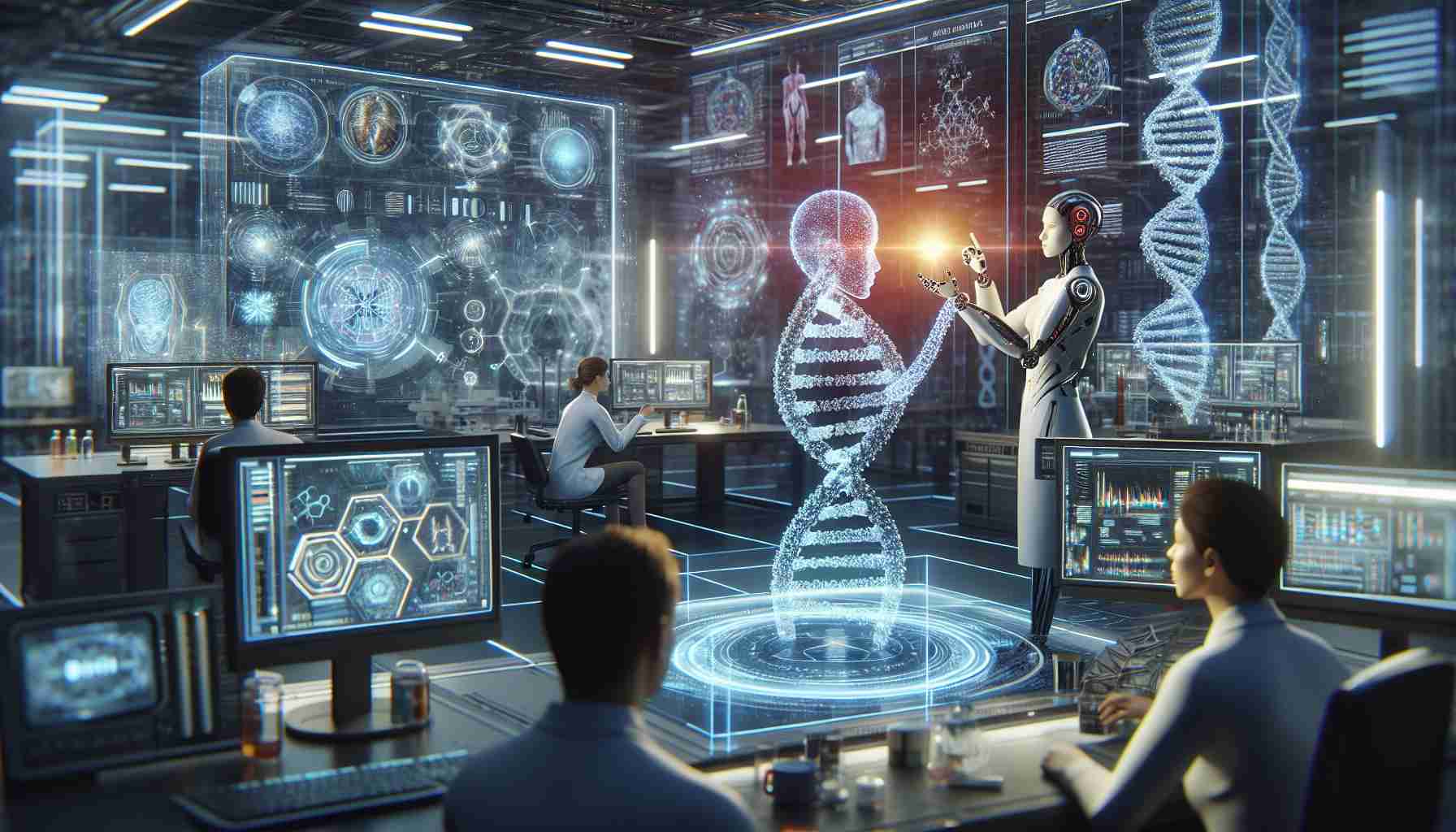Geoffrey Hinton and John Hopfield, renowned scientists in artificial intelligence, have been awarded the prestigious 2024 Nobel Prize in Physics. Their groundbreaking work on artificial neural networks has changed the landscape of technology, enabling computers to learn from data and identify patterns more effectively. This transformation has led to significant advancements in various applications, including facial recognition technology and autonomous vehicles.
The award for chemistry has similarly acknowledged innovative contributions from Demis Hassabis and John Jumper of Google DeepMind, along with David Baker from the University of Washington. They received the Nobel Prize for their creation of AlphaFold, a revolutionary AI system that accurately predicts protein structures. This remarkable achievement has major implications in biology and drug development, allowing researchers to expedite the discovery of new treatments.
Both Hinton and Hopfield have been pivotal figures in the evolution of AI, their contributions dating back to the 1980s. Hinton’s methodology advanced machine learning capabilities, while Hopfield developed systems to intelligently store and retrieve data. Their recognition stems from a Nobel Committee evaluation of their revolutionary techniques that form the backbone of modern machine learning.
While celebrating these milestones, the laureates have also raised concerns about the future of AI. Hinton, having previously left Google due to apprehensions about AI’s rapid progression, voiced fears that such technologies could surpass human intelligence, posing unpredictable risks. Alongside Hopfield, they advocate for a careful approach to AI development, emphasizing the necessity of understanding its limits to avert potential challenges ahead.
Unlocking the Future: Tips, Life Hacks, and Facts Inspired by AI Innovations
The recent recognition of Geoffrey Hinton and John Hopfield for their pioneering work in artificial intelligence (AI) has not only reshaped our understanding of technology but also opened the door to practical applications that we can incorporate into our daily lives. Here are some valuable tips, life hacks, and intriguing facts that relate to the world of AI and its implications, enabling you to harness the power of this technology effectively.
1. Leverage AI Tools for Personal Productivity
Utilize AI-driven applications to enhance your efficiency! Tools like Grammarly for writing assistance or Trello with AI features for project management can streamline your tasks. Explore more AI tools and their benefits at TechCrunch.
2. Keep Your Skills Updated with AI Knowledge
As AI continues to evolve, staying informed is crucial. Platforms like Coursera and edX offer AI courses designed by universities and industry leaders. Consider enrolling in these courses to gain insights into AI’s future impacts on various fields. You can start your learning journey at Coursera.
3. Embrace Smart Home Devices
Incorporating AI into your home can significantly improve your living experience. Smart thermostats, lights, and security systems not only provide comfort and convenience but also enhance energy efficiency. Home automation solutions can be discovered at Digital Home Canada.
4. Understand AI’s Ethical Implications
As discussed by Hinton and Hopfield, the rapid advancement of AI comes with ethical considerations. Engage with blogs and podcasts that discuss AI ethics to become educated on the potential risks and benefits of these technologies. You can explore resources at MIT Technology Review.
5. Experiment with AI in Your Hobbies
From creating art to composing music, AI can be a wonderful companion in your creative pursuits. Tools like DALL-E for art generation or AIVA for music composition enable you to explore your creative side. Try your hand at these AI tools by visiting OpenAI.
6. Stay Cautious and Informed
As highlighted by the laureates, it’s vital to be aware of the potential risks associated with AI. Following reputable news sources and publications can help you stay informed about the latest developments and concerns regarding AI technology. Follow the latest updates at BBC Technology.
Interesting Fact: Did you know that the neural networks inspired by human brain function enable AI to learn from past experiences? This technology emulates the connectivity of brain neurons, forming the basis of deep learning approaches used in modern AI systems.
By implementing these tips and staying informed about the advancements in AI, you can better prepare yourself for a future where technology and intelligence intertwine. The world of AI is not just for scientists; it’s an opportunity for everyone to enhance and enrich their lives.







